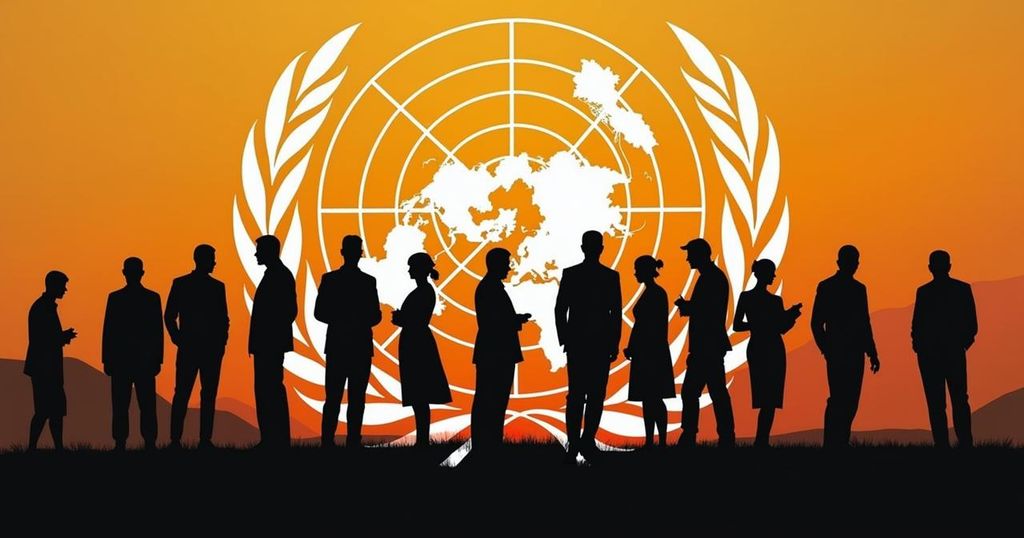Bhutan Endorses India’s Bid for Permanent UN Security Council Membership
Bhutan has officially supported India’s pursuit of permanent membership in a reformed United Nations Security Council, reinforcing the idea that India’s economic progress and leadership of the Global South qualify it for this status. Prime Minister Tshering Tobgay called for reforms to address the outdated structure of the Council while also showing support for Japan. He acknowledged Bhutan’s recent transition from LDC status, emphasizing gratitude toward India for its role in this progress.
In a significant endorsement of India’s bid for permanent membership in a reformed United Nations Security Council, Bhutan’s Prime Minister Tshering Tobgay expressed strong support during the high-level week of the UN General Assembly. Notably, some permanent members of the Security Council, including France, the United Kingdom, and the United States, have also shown favor toward India’s ascension. Prime Minister Tobgay articulated that India, with its considerable economic development and role as a leader of the Global South, merits a permanent seat at the UN Security Council. He stated, “The United Nations must evolve to meet the realities of today’s world. The Security Council, as it stands, is a relic of the past.” This statement emphasized Bhutan’s long-standing commitment to reforming the Security Council to enhance its representational capacity and effectiveness. Additionally, Mr. Tobgay conveyed Bhutan’s support for Japan, acknowledging its contributions as a significant donor and peacebuilder. Reflecting on Bhutan’s journey of progressing from the Least Developed Country (LDC) status, which culminated in December of the previous year, he underscored the importance of international cooperation, thanking various partners including India for their unwavering support throughout this journey. He remarked that while Bhutan has made remarkable strides, a concerning reality persists where only seven nations have graduated from the LDC category in nearly 50 years, with many still facing significant challenges. Therefore, he called for the global community to enhance efforts to ensure that no nation remains excluded from development. The Pact for the Future, recently accepted by UN Member States, was noted as a guiding framework for transforming the lives of the world’s most vulnerable populations.
The discussion surrounding India’s potential permanent membership in the United Nations Security Council centers on the need for reform to better represent the current geopolitical landscape. Traditionally dominated by a few nations, the Security Council has faced criticism for not reflecting the diversity and changing dynamics of global power. Bhutan, as a close ally of India, recognizes the importance of India’s substantial economic growth and leadership role in international matters as sufficient justification for its inclusion as a permanent member. Additionally, Bhutan’s recent achievement in graduating from the LDC category illustrates the nation’s evolving status, which it credits in part to support from India and other global partners, further underscoring the interconnectedness of development and international governance.
In conclusion, Bhutan’s endorsement of India’s bid for a permanent position at the UN Security Council highlights the growing recognition of India’s role in global affairs and the necessity for reforms within international institutions. Prime Minister Tobgay’s assertions not only reflect Bhutan’s diplomatic stance but also shine a light on broader issues of global development, emphasizing the urgency of international cooperation to uplift nations still facing significant barriers. Bhutan’s journey, paired with its advocacy for India’s membership, serves as a model for how emerging nations can influence global governance positively.
Original Source: www.thehindu.com




Post Comment